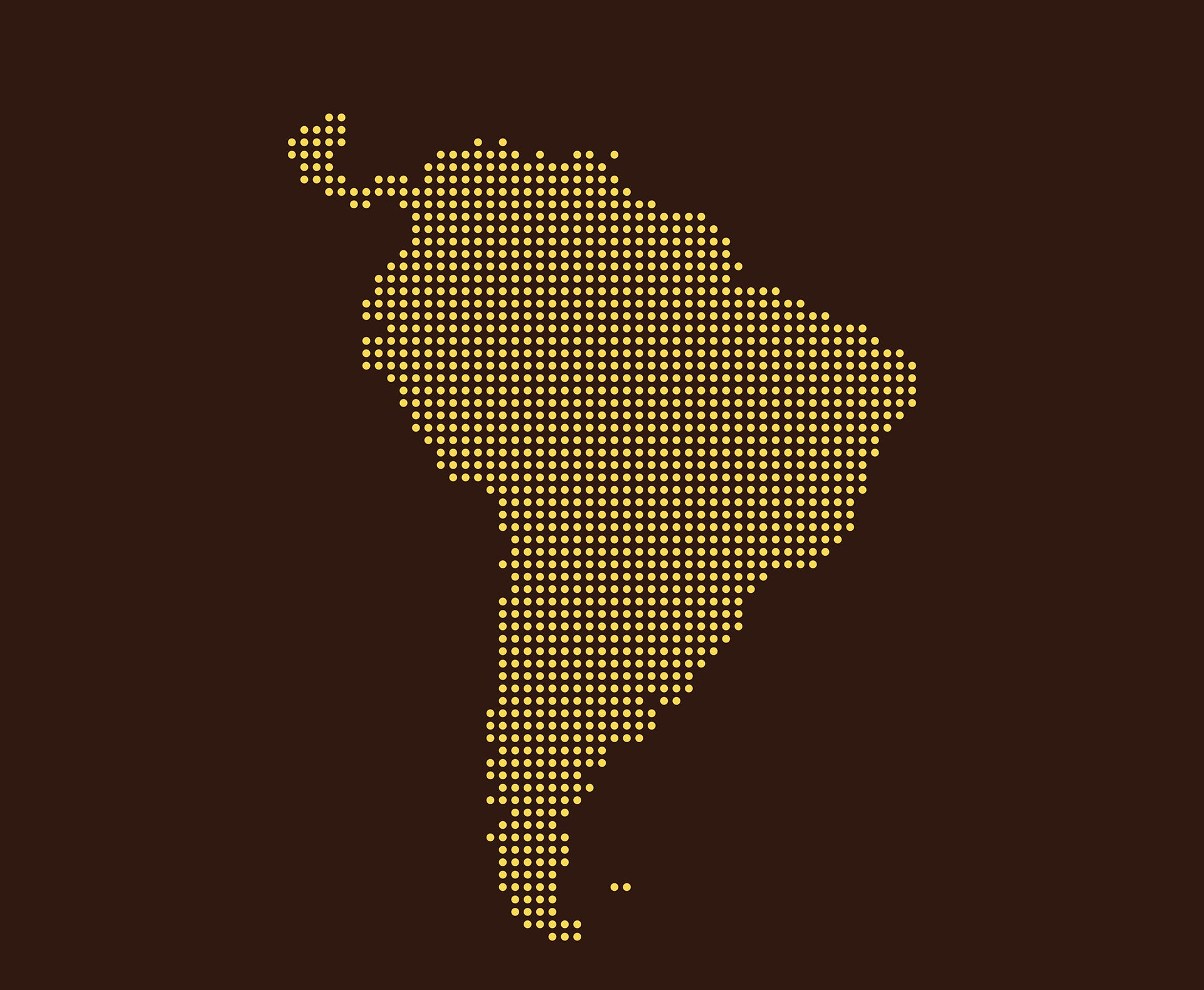
Latin America’s fintech scene is booming. Technology-powered startups are aggressively tapping into the region’s underbanked population, which has been neglected by incumbent financial service providers. And it’s not just domestic companies that are taking advantage of the ripe opportunities – European and US-based fintech market stakeholders are also angling for a piece of the LatAm pie.
The latest to do so is Paysafe, a UK-based payments platform. The London-based fintech has just acquired payment-processing platform SafetyPay for $441m. It makes sense for Paysafe to buy the company. After all, since its launch in 2007, SafetyPay has solidified its position in 11 countries in Latin America.
“We are very excited to welcome SafetyPay into the Paysafe family,” said Philip McHugh, CEO of Paysafe. “The team has successfully built a market-leading payment platform that has become the de facto open banking solution for Latin America.”
This is not Paysafe’s first move into Latin America’s fintech scene: in early August it also acquired PagoEfectivo, a Peruvian alternative payments platform. Paysafe is betting on the two acquisitions setting it up to become a leading open banking and ecash solutions provider in Latin America.
The transaction, which is expected to be completed in the fourth quarter this year, is only part of the emerging fintech scene in Latin America and the growing interest from Western fintechs.
Fintech in Latin America
Fintechs in Latin America are usually overshadowed by their peers in North America and in Europe. The business press usually runs hot with stories about ventures like buy-now-pay-later quadradecacorn Klarna and digital banking disruptor Revolut. This is understandable as their multi-billion valuations dwarf that of most South American fintechs. But, on the other hand, they’ve had quite the head start compared to their Latin American rivals.
How well do you really know your competitors?
Access the most comprehensive Company Profiles on the market, powered by GlobalData. Save hours of research. Gain competitive edge.

Thank you!
Your download email will arrive shortly
Not ready to buy yet? Download a free sample
We are confident about the unique quality of our Company Profiles. However, we want you to make the most beneficial decision for your business, so we offer a free sample that you can download by submitting the below form
By GlobalDataPart of the reason is that regulators and lawmakers in the States and in Europe have scrambled to create an atmosphere primed to nurture innovation in financial services. Following the 2008 recession, they had little choice but to do so in order to avoid another financial meltdown. They needed to create a diverse industry and simultaneously reduce the risks that precipitated the crisis.
For instance, in the US laws like the Durbin Amendment in 2010 have created an environment where fintechs such as the challenger bank Chime, which raised a $750m Series G round on Monday at a $25bn valuation, could thrive.
Similarly, in the EU, the second Payments Services Directive, or PSD2, has aimed to make online payments safer and has also paved the way for Europe’s thriving open-banking industry.
“In South America the story is very different,” researchers noted in the recent GlobalData thematic research report Beyond the Hype – Insight into Digital Challenger Banks. “Countries like Brazil have a history of cartel-like banks operating in highly concentrated markets, with regulation making it almost impossible for new and external entrants to compete.
“This created a situation where significant numbers of consumers in Latin America were unbanked or underbanked, while the main banking players in each country were enormously profitable.”
In other words, traditional banks had few reasons to innovate and adopt digital solutions as they didn’t really face any competition. This is no longer the case.
Digital lenders like Nubank, which is arguably the world’s biggest challenger bank with 40 million customers, have offered Latin American customers cheaper and more efficient banking services. The Warren Buffett-backed neobank is currently rumoured to be eyeing a $2bn initial public offering (IPO) before the end of the year.
Others, such as venture capital firm Andreessen Horowitz, have pointed out that a smattering of new regulations have been introduced over the past few years that have made it easier for fintechs to emerge in Latin America.
Mexico, for instance, created the so-called Fintech Law in 2018 to create a framework to new tech startups to disrupt the stagnant financial service sector. Other initiatives include Brazil’s recent open-banking initiative that went live earlier in 2021.
Another reason for the booming fintech market is the fact that Latin America has a young, digitally savvy and tremendously underserved population. In Brazil, for instance, the median age is currently 32.6, according to World Population Review. At the same time, smartphones are rapidly becoming the norm in the region, paving the way for further fintechs in the future.
This has given rise to several promising fintech startups. For instance, Uruguay’s first fintech unicorn dLocal went through an IPO on the Nasdaq in June.
Latin American fintech investments have also skyrocketed over the years. The region’s cash injections jumped from $556.1m in 2017 to $2.88bn in 2020, according to FinTech Global.
But it’s not just home-grown fintechs that are vying for a slice of the market. Companies like UK-based Revolut, US-based Galileo and Stripe as well as stakeholders like Goldman Sachs have all positioned themselves to profit from the South American opportunities.
This number might grow, given Covid-19 has encouraged more companies to accept digital payments in a region where cash has been the traditional means of payment.
In other words, while Paysafe’s $441m acquisition of SafetyPay is the latest example of a Western fintech elbowing into the Latin American market, more are set to follow.





